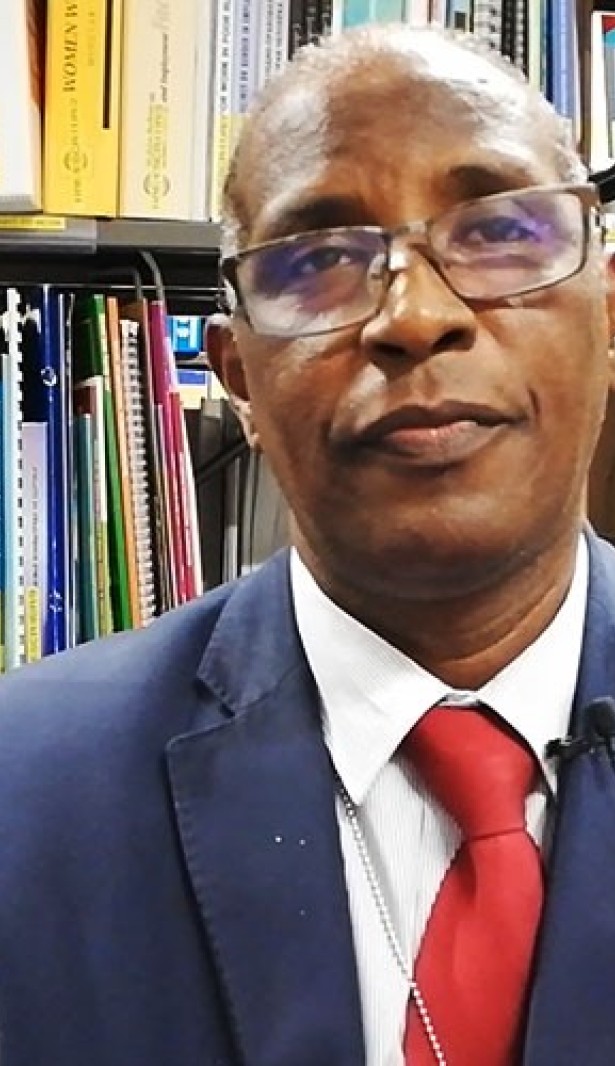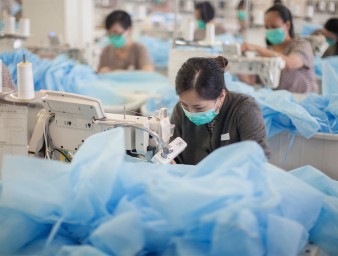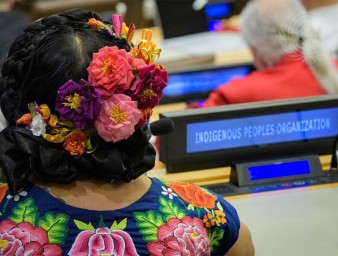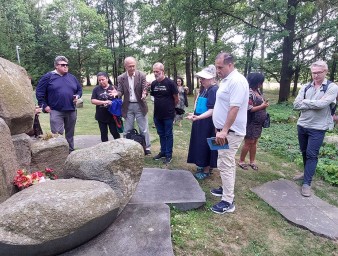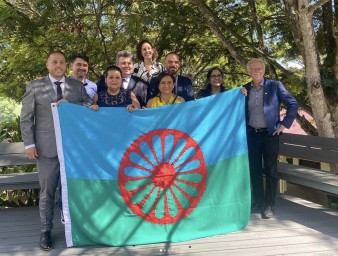Fight against slavery must continue despite pandemic
02 December 2020
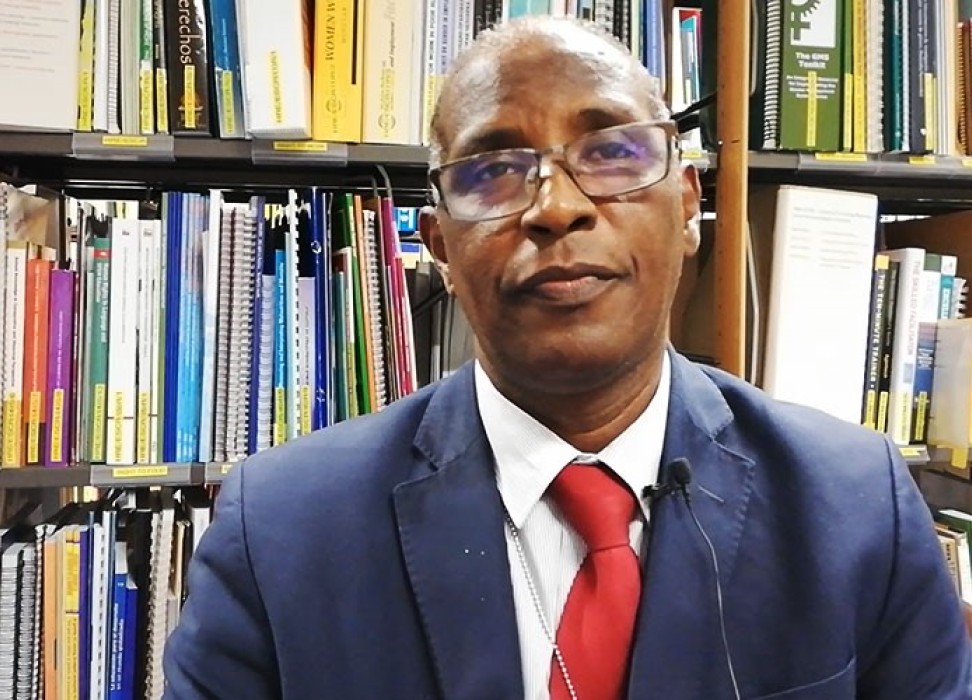
The fight against all forms of slavery has turned more difficult under the pandemic, but anti-slavery activist Brahim Ramadhane won’t stop fighting. “I do this because I belong to this community of ex-slaves and I will give up my life, all of my life, for this fight.”
In Mauritania, the pandemic has worsened the plight of former victims of slavery, said Brahim Ramadhane, an anti-slavery activist.
“In all facets, former slaves have found themselves without work, especially female former slaves who, for the most part sell food in the evenings on the streets,” he said.
Ramadahane is an anti-slavery activist and founder of Sahel Institution for Human Rights, a group committed to fighting slavery through education. His NGO had to close the doors of its schools and stop its village-to-village anti-slavery and anti-discrimination awareness-raising campaigns because of lockdown measures, he said. But lockdown didn’t stop the NGO’s actions, he said.
“We lobbied the authorities and we have carried out campaigns to assist these affected families,” he said. “We distributed food and water and held online course for the children of the poor.”
Slavery is still a problem in many parts of the world, despite former abolition of the practice globally. “Contemporary forms of slavery” manifests in different ways including forced labour, forced marriage, other slavery and slavery like practices, and human trafficking. It also covers debt bondage, when a person is tricked into working for little or no pay and with no control over their debt.
In a speech commemorating the International Day for the Abolition of Slavery, UN High Commissioner for Human Rights Michelle Bachelet said the pandemic has made the commitment to free the more than 40 million people estimated to be living in slavery today more vital.
“People are still born into slavery because their parents and ancestors were enslaved,” she said. “People continue to be treated as property. Many victims suffer multiple forms of slavery, alongside other human rights violations. The global health economic and social crisis caused by COVID-19 heightens these risks.”
Ramadhane is from the Haratin ethnic minority in Mauritania, and was a slave for the first 20 years of his life. Education is what helped to set him on the road to freedom.
“When I went to school, I started to understand that slavery is not fair, that it is the result of a bad interpretation of religion,” he said. “School freed me.”
Mauritania was the last country in the world to abolish slavery, which it outlawed in 1981. The practice is rooted in the country’s caste-based society. The Haratin people, one of the country’s largest ethnic groups, are still considered a slave caste in many parts of the country. According to the 2018 Global Slavery Index, an estimated 90,000 people are still living in modern slavery out of a total population of 4.1 million.
Ramadhane said fighting against such an entrenched system has been a challenge. A few years ago, he was jailed four 18 months after he and other activists travelled to several villages in the southern part of the country educating them on the illegal nature of slavery. Fear and ignorance feed the persecution, he said.
“When we talk about slavery cases, it is like we are doing something against the country,” Ramadhane said. “That is why I went to jail.”
Education is a key tool in the fight against slavery, Ramadhane said. His foundation has so far provided schooling for more than 1,500 children of descendants of slaves from his community as well as other children from families that have been discriminated against by the Government.
Ramadhane said the pandemic has made him redouble his efforts in the fight against slavery and discrimination.
“It remains important to fight against the vestiges of slavery and especially its long-term consequences through actions rather than by words and denunciations; otherwise we will end up becoming like the political parties that use victims instead of serving them,” he said.
2 December 2020
